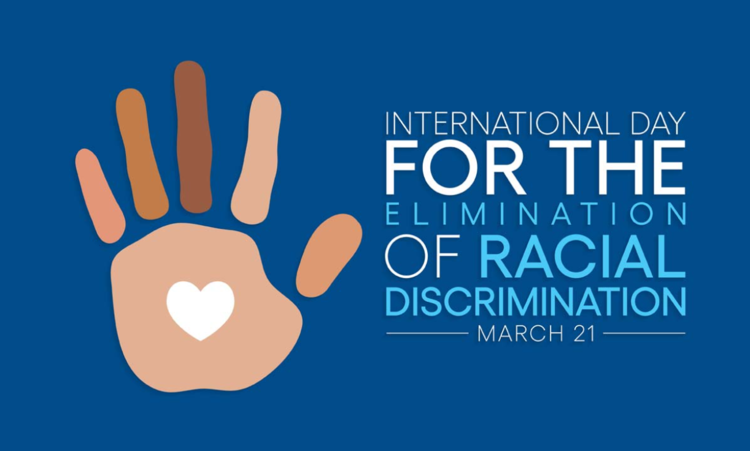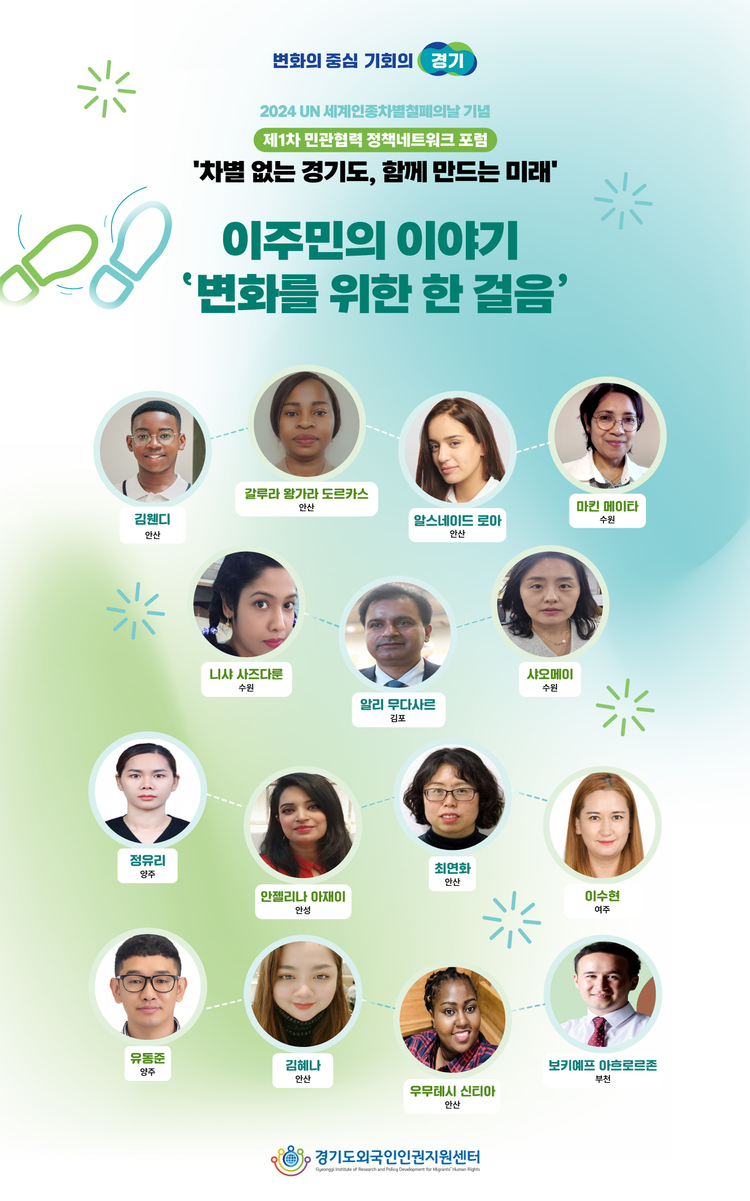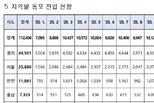
Newsnomics AJAY ANGELINA reporter |
1st Public-private Cooperation policy Network Forum 2024, in order to celebrate the UN International Day for the Elimination of Racial Discrimination is going to held at Ansan global Multicultural center, South Korea on
Thursday March 21, 2024.
“Gyeonggi-do with no Discrimination, creating a future together” is an authentic theme of the forum with a
purpose to share the values and thoughts of foreign nationals residing in South Korea, an effort to overcome
racial discrimination and racism continues in the society.
About 15 foreign nationals that belong to different countries and cultures, residing in different areas of South Korea are invited to share their stories, one step towards change for creating a beautiful future together that
guarantees equal treatment and opportunities for the humans, no matter from which country, color, culture, group, and religion they are belong to.

March 21st, every year commemorate the International Day for the Elimination of Racial Discrimination around the world. Every year, various events and campaigns are held to overcome racial discrimination and racism all over the world, showcase the meaning of pursuing a society that respects different cultures and values and
guarantees equal treatment and opportunities.
In 1965, the UN General Assembly adopted a resolution for international efforts to protect human dignity and rights from racial discrimination and discriminatory treatment. This resolution was adopted as part of the International Human Rights Convention. In 1979, the UN General Assembly officially designated this effort as the
International Day for the Elimination of Racial Discrimination.
International Day for the Elimination of Racial Discrimination is the result of an incident happened against apartheid in Sharpeville, South Africa, killing 69 people and injuring more than 180 due to the crucial act of police who opened fire on people protesting peacefully against apartheid on March 21, 1960.
Apartheid was a policy of racial segregation that separated whites from non-whites and lasted from 1948 to
1994. During this period, a minority centered on white people monopolized power, and other races such as
blacks, mixed race people, and Asians were separated from rights and opportunities such as housing, education, jobs, and politics that left a huge scar in South Africa's history.
On April 27, 1994 Nelson Mandela, who was elected as South African president, declared its complete abolition after hard struggle.










